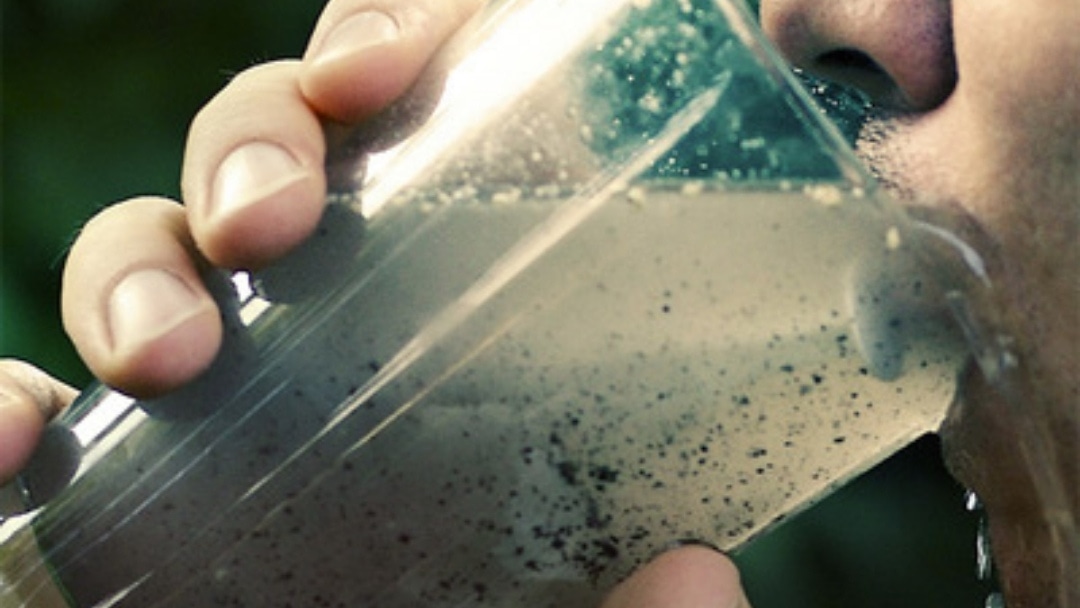We interviewed Jennifer Boyd PA of Boyd Wellness, also known as “The Green Diva”, about the importance of water for our health.
About 70-75% of your body is water. Water is essential to our life and health, yet many people are chronically dehydrated. In addition, the quality of our water has deteriorated over many decades. Water is something that we take for granted, yet it’s so important to our health!
In this webinar, Jennifer told us how water, or lack of it, affects our health. She also revealed how most water these days is of poor, even toxic, quality and how to correct that. Listen in to find out why we shouldn’t dismiss it or take it for granted.
Please note that you will be asked to enter your email address at the 30-minute mark to finish viewing the video.
About Jennifer Boyd PA
 Jennifer Boyd is a licensed Physician Assistant certified in New York State and Connecticut and a Reiki Master. Jennifer graduated Summa Cum Laude and received the Bergen Award for her clinical work. She is the former Chairwoman of the Board of Epidemic Answers and is on the medical advisory board of Documenting Hope. She has completed extensive post-graduate education and certifications in Functional and Biological Medicine, Somatic Movement Therapy.
Jennifer Boyd is a licensed Physician Assistant certified in New York State and Connecticut and a Reiki Master. Jennifer graduated Summa Cum Laude and received the Bergen Award for her clinical work. She is the former Chairwoman of the Board of Epidemic Answers and is on the medical advisory board of Documenting Hope. She has completed extensive post-graduate education and certifications in Functional and Biological Medicine, Somatic Movement Therapy.
Jennifer is a mother of two children, seven goats, ten chickens, 10,000 bees, an office therapy dog named Pickles, a cat and whoever or whatever else needs a hug and a cup of tea.
You can find out more about her and her practice at her website www.BoydWellness.com
Disclaimer
This webinar is not a substitute for medical advice, treatment, diagnosis, or consultation with a medical professional. It is intended for general informational purposes only and should not be relied on to make determinations related to treatment of a medical condition. Epidemic Answers has not verified and does not guaranty the accuracy of the information provided in this webinar.
Still Looking for Answers?
Visit the Epidemic Answers Practitioner Directory to find a practitioner near you.
Join us inside our online membership community for parents, Healing Together, where you’ll find even more healing resources, expert guidance, and a community to support you every step of your child’s healing journey.



